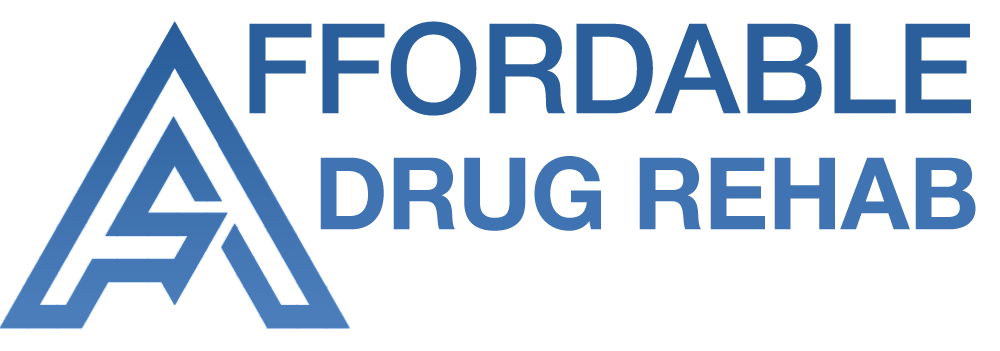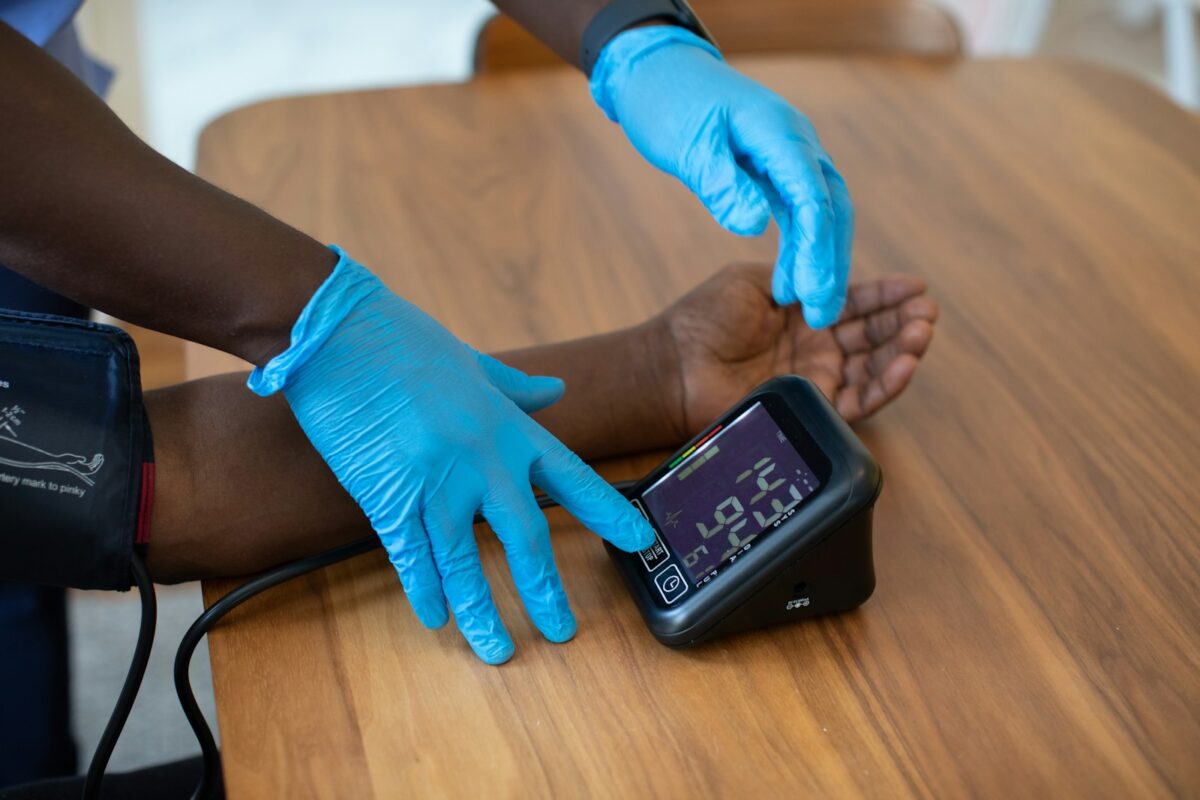Demystifying the Affordable Care Act’s Coverage for Rehab Costs
If you or a loved one is grappling with addiction, the process of finding appropriate treatment can feel overwhelming and costly. Navigating the myriad of options, understanding the financial implications, and finding a reputable facility can add to the stress. Fortunately, the Affordable Care Act (ACA) has broadened coverage for addiction treatment services, making recovery more accessible for those in need. Under the ACA, many insurance plans now include essential health benefits that cover various aspects of addiction treatment, such as detoxification, inpatient and outpatient rehabilitation, and counseling services. This blog post will explore how the ACA covers rehab costs, including the types of services typically covered and the different options available for individuals seeking treatment. By understanding these provisions, you can make more informed decisions and find the support necessary for a successful recovery journey.
The Basics of the Affordable Care Act
The Affordable Care Act, also known as Obamacare, was enacted in 2010 with the primary objective of providing affordable health insurance to all Americans. This landmark legislation has significantly expanded coverage and benefits for addiction treatment services, acknowledging the importance of addressing substance abuse as a public health concern. By including provisions for mental health and substance abuse treatment, the ACA has made it easier for individuals to access necessary care without facing financial hardships. Additionally, the law has implemented measures to protect individuals with pre-existing conditions, ensuring that those who need addiction treatment are not denied coverage. Overall, the Affordable Care Act represents a substantial step forward in promoting health equity and improving the well-being of millions of Americans.
Under the ACA, all insurance plans offered through the Health Insurance Marketplace must cover essential health benefits, including mental health and substance abuse services. This means that every plan is required to cover addiction treatment in some form, ensuring broader access to necessary care. The aim is to remove barriers for individuals seeking help and to promote overall well-being. By mandating such coverage, the Affordable Care Act ensures that more people have access to comprehensive care, which can significantly improve recovery outcomes and support long-term health.
Types of Addiction Treatment Covered by the ACA
The ACA mandates that insurance plans cover both inpatient and outpatient addiction treatment services. Inpatient treatment refers to residential rehab programs where patients receive round-the-clock care while living at a facility. This type of treatment is intensive and structured, providing a highly supportive environment that can be crucial for individuals with severe addiction issues. It often includes a combination of medical care, therapy, and support groups, all aimed at helping the patient achieve and maintain sobriety.Understanding Coverage Levels
Outpatient Treatment
Outpatient treatment, on the other hand, allows patients to attend therapy and counseling sessions while still living at home. This form of treatment is typically less intensive than inpatient care and is suitable for individuals with less severe addiction or those who have already completed inpatient treatment and are transitioning back to everyday life. It offers flexibility, allowing patients to continue with their daily responsibilities such as work, school, or family commitments while receiving the necessary support to recover.
Medication-Assisted Treatment
In addition to these traditional forms of treatment, the ACA also covers medication-assisted treatment (MAT) for opioid addiction. MAT includes medications like methadone, buprenorphine, and naltrexone, which are used to manage withdrawal symptoms and cravings effectively. These medications are often combined with counseling and behavioral therapies to provide a comprehensive approach to treatment. MAT has been shown to improve patient survival, increase retention in treatment, and decrease illicit opiate use and other criminal activity among people with substance use disorders. By covering a wide range of treatment options, the ACA aims to provide a holistic and flexible approach to addiction recovery, catering to the diverse needs of individuals struggling with addiction.
Tips for Navigating Coverage
One of the crucial aspects of the ACA is its requirement for parity in coverage levels. This means that all insurance plans must cover addiction treatment services at the same level as they cover medical or surgical services. Parity ensures that individuals seeking treatment for addiction are not subject to discriminatory coverage practices.
It’s important to note, however, that the level of coverage may vary depending on your specific insurance plan. Some plans may cover a larger portion of treatment costs, while others may require higher out-of-pocket expenses. Carefully reviewing your insurance policy and reaching out to your provider for clarification on coverage levels before beginning treatment is essential. Navigating insurance coverage can be confusing, especially when seeking addiction treatment. It’s important to know what your policy covers and what it doesn’t, as well as any potential out-of-pocket costs.
Here are some tips to help you better understand and utilize your benefits: Contact your insurance provider to get a clear understanding of your coverage, ask about any pre-authorization requirements, and inquire if there are preferred providers or treatment centers within your network. Additionally, don’t hesitate to reach out to a healthcare advocate or counselor who can guide you through the process and help you make informed decisions about your care.
Research In-Network Providers
Insurance plans often have a network of preferred providers who offer discounted rates for their services. These networks are designed to help policyholders save money and access quality care. Choosing an in-network treatment facility can significantly reduce your out-of-pocket expenses, as these providers have pre-negotiated rates with the insurance company. To make the most of your coverage, research and select a provider that partners with your insurance plan. This can help you maximize your benefits while ensuring you receive the necessary care without unexpected costs. Always review your plan’s details and speak with your insurer if you have any questions about your coverage.
Utilize Pre-Authorization
Some insurance plans require pre-authorization for addiction treatment services, which means you must receive approval from your insurance provider before starting treatment. This process often involves submitting detailed information about the treatment plan, including the type and duration of services, to demonstrate medical necessity. Failing to obtain pre-authorization may result in denied coverage or higher out-of-pocket costs, placing a significant financial burden on you. To avoid such issues, it’s crucial to contact your insurance provider well in advance and ensure you complete all necessary steps to secure your benefits. Additionally, working closely with your healthcare provider can help streamline the approval process and ensure you receive the care you need without unnecessary delays.
Keep Detailed Records
Maintaining detailed records of all medical bills, receipts, and communication with your insurance company regarding addiction treatment is crucial. These records can be invaluable if there are any discrepancies or issues with coverage. Organized documentation, including dates of service, names of healthcare providers, and details of treatments received, will help you keep track of all expenses and interactions. Additionally, having a comprehensive and well-organized record will facilitate resolving any potential disputes more efficiently and ensure that you are adequately compensated or reimbursed for all eligible expenses. It can also provide peace of mind and a clear understanding of your financial responsibilities during the treatment process.

Additional Financial Assistance
In addition to insurance coverage, there are other financial assistance options available for individuals seeking addiction treatment. These options may include sliding scale fees based on income, payment plans, scholarships, and grants from non-profit organizations. Additionally, some treatment centers offer discounts for upfront payments or financial aid for those who qualify. It’s important to explore all available resources to ensure that cost is not a barrier to receiving necessary care.
Government-Funded Programs
Programs such as Medicaid and Medicare provide coverage for addiction treatment services to those who qualify based on income and other factors. These programs can be a lifeline for individuals who may not have access to private insurance but still need essential treatment. Medicaid, a joint federal and state program, helps cover medical costs for people with limited income, while Medicare, a federal program, primarily aids those who are 65 or older, as well as certain younger individuals with disabilities. Both programs play a crucial role in ensuring that vulnerable populations receive the necessary care to combat addiction, offering a range of services from detoxification and inpatient treatment to outpatient counseling and medication-assisted therapy. Without these programs, many individuals would face significant barriers to accessing the help they need, potentially exacerbating their health issues and impacting their overall well-being.
Non-Profit Organizations
Many non-profit organizations offer scholarships or grants for addiction treatment, particularly for those with financial need. These organizations are dedicated to helping individuals access the care they need without the burden of excessive costs. They often collaborate with treatment centers to ensure that financial constraints do not prevent people from receiving necessary assistance. Researching local and national non-profits can reveal a wide range of resources, including support groups, counseling services, and educational programs, all designed to provide additional support and improve the chances of successful recovery.
Payment Plans
Many treatment facilities offer payment plans or sliding scale fees based on income to make treatment more affordable. These options are designed to ensure that financial barriers do not prevent individuals from accessing the care they need. If you’re concerned about the cost of treatment, inquire about flexible payment options that can ease the financial burden and allow you to focus on recovery. Additionally, some facilities may offer financial counseling or work with insurance providers to further reduce costs. Taking the first step towards treatment is crucial, and understanding your financial options can make it more manageable.
The Importance of Seeking Help
While the ACA has made significant strides in expanding coverage for addiction treatment, it’s important to recognize that seeking help for addiction is a deeply personal journey that varies from person to person. The process of recovery often involves multiple steps and can be challenging, but it is crucial to understand that support is available. Ultimately, the responsibility lies with the individual to take the first step toward recovery. If you or a loved one is struggling with addiction, don’t hesitate to reach out for help. There are numerous resources and professionals dedicated to guiding you through this difficult time. Remember, there is no shame in seeking treatment, and with the right support, recovery is not only possible but also attainable. Taking action today can lead to a healthier, more fulfilling life.
The support provided by the ACA and other financial assistance options can make affordable care for addiction treatment within reach for many individuals who might otherwise struggle to access necessary services. This financial aid can cover a range of treatments, from inpatient rehabilitation to outpatient counseling and medication-assisted therapies. Taking the first step towards recovery is a courageous decision, often requiring immense personal strength and determination. Fortunately, there are numerous resources available to support you on this path, including hotlines, support groups, and professional treatment centers dedicated to helping you achieve and maintain sobriety.
Conclusion
The Affordable Care Act has played a pivotal role in making addiction treatment services more accessible and affordable. By understanding your coverage options and utilizing available resources, recovery from substance abuse can become a reality. Don’t allow financial concerns to be a barrier to getting the help you need.
If you or someone you know is struggling with addiction contact us today by clicking Affordable Drug Rehab or calling 1 (888) 850-3656. Recovery is possible, and the ACA has made it more attainable than ever before. Keep pushing forward and know that there is always support available for those on their path to recovery.
For personalized assistance, consider reaching out to our knowledgeable admissions team. We’re here to help you find the quality and affordable care you or your loved one needs. Start your journey towards a healthier, happier life today.


